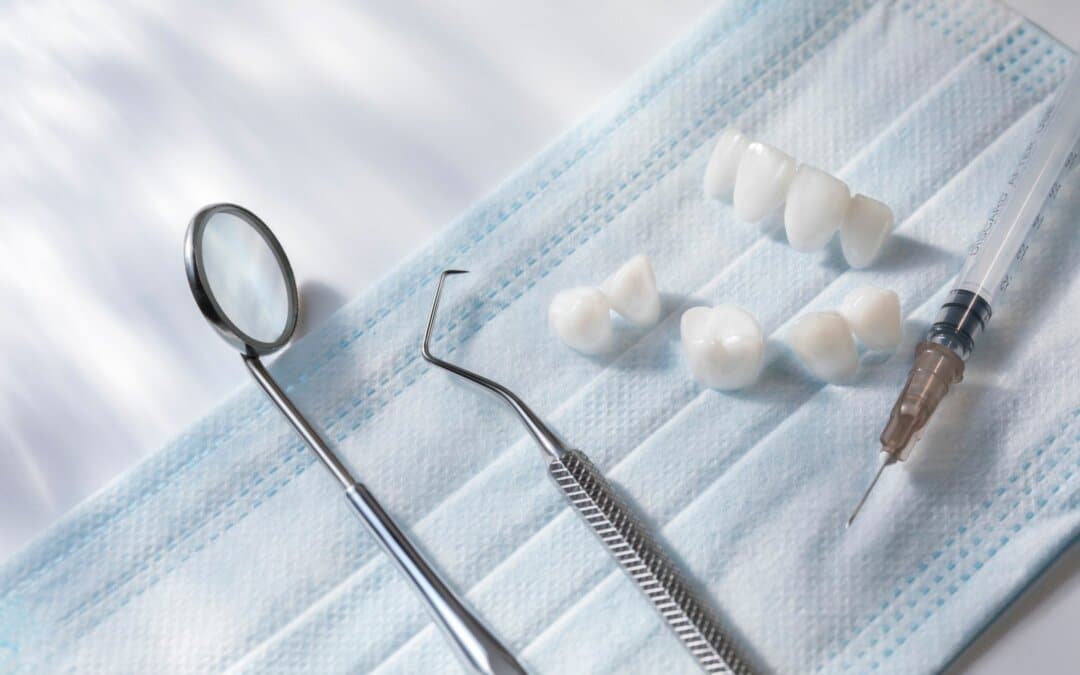A toothache is one of the most irritating feelings in the world. Some symptoms are constant and the pain may not go away, even if you take medicine. If you’re experiencing toothaches, it is time to go to the dentist.
Tooth pain can occur for many different reasons. After visiting a holistic dentist, they may inform you that you need a dental crown. However, a dental crown isn’t a single solution; it refers to a wide range of treatment options for you to consider. It’s important to understand your needs and to explore some alternatives to getting a traditional dental crown.
What Is a Dental Crown?
A dental crown is a piece of material that dentists use to cover the top of a damaged tooth. The purpose of receiving a crown is to help strengthen and support the tooth. Another purpose of using dental crowns is to protect the tooth from any further damage. The cap also helps prevent plaque and decay from harming the fragile tooth. There are many different types of dental crowns that can help you improve your dental health.
Because dental crowns cover the tooth, they are used in a few different scenarios. Dental crowns are used to protect a weak or broken tooth, support a dental bridge, cover up teeth that are discolored, or cover up a tooth that has had a root canal performed on it. Although dental crowns can be helpful to your teeth, there are different types that may be more helpful and beneficial than others.
What Types of Dental Crowns Are Available?
There are several different types of metal crowns available to those interested in receiving or need a dental crown. The primary categories of dental crowns are metal and non-metal crowns.
What Are Metal Dental Crowns?
Metal dental crowns seem very self-explanatory, but they’re a bit more complex than they may seem. For starters, metal dental crowns have been around for many years and have served to improve dental health for many people. Metal materials have been used for dental crowns because they’re very strong, resistant to people’s eating habits, and can even mold well to the teeth. The metal used for dental crowns vary, but generally they include silver, gold, nickel, mercury, copper or a few other metals. Metal dental crowns can even be an alloy of several different metals.
What Are Some Healthy Alternatives to Metal Crowns?
If a dentist recommends that you get a crown, it is probably a good idea to take their advice. However, you should also consider alternatives to traditional, metal dental crowns.
Thankfully, there are a plethora of alternatives. Crowns that are not made of metals are beneficial for many reasons, according to Hemet Dental Center. First of all, they support a tooth and protect a tooth without the risks associated with metal dental crowns. Porcelain or ceramic dental crowns are great alternative options because they offer strong support for the tooth. At the same, they have a more natural color that highly resembles real teeth. While metal crowns are obvious and look nothing like real teeth, non-metal alternatives are cosmetically superior.
Also, crowns that do not include metal material are helpful because they may be hypoallergenic, meaning that they do not trigger an allergy or allergic reaction. Metal crowns, unfortunately, can cause allergic reactions in some people.
As a holistic dental office, we are always interested in practicing the best, most natural procedures and strategies to improve oral health. We are proud to offer a variety of healthy, non-metal crowns such as zirconia crowns. To learn more about our services, contact Pure Holistic Dental today and schedule an appointment with one of our experts.

